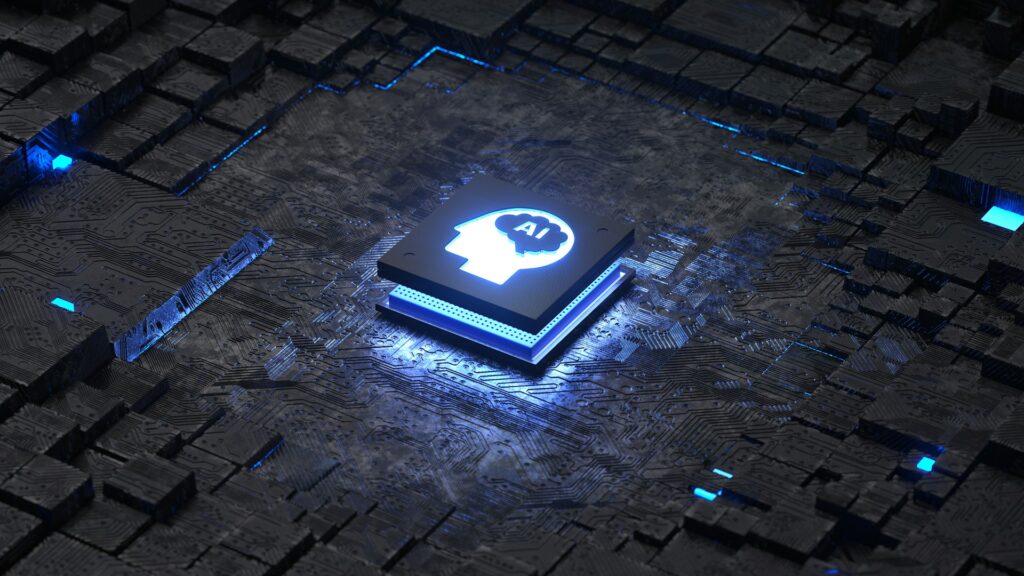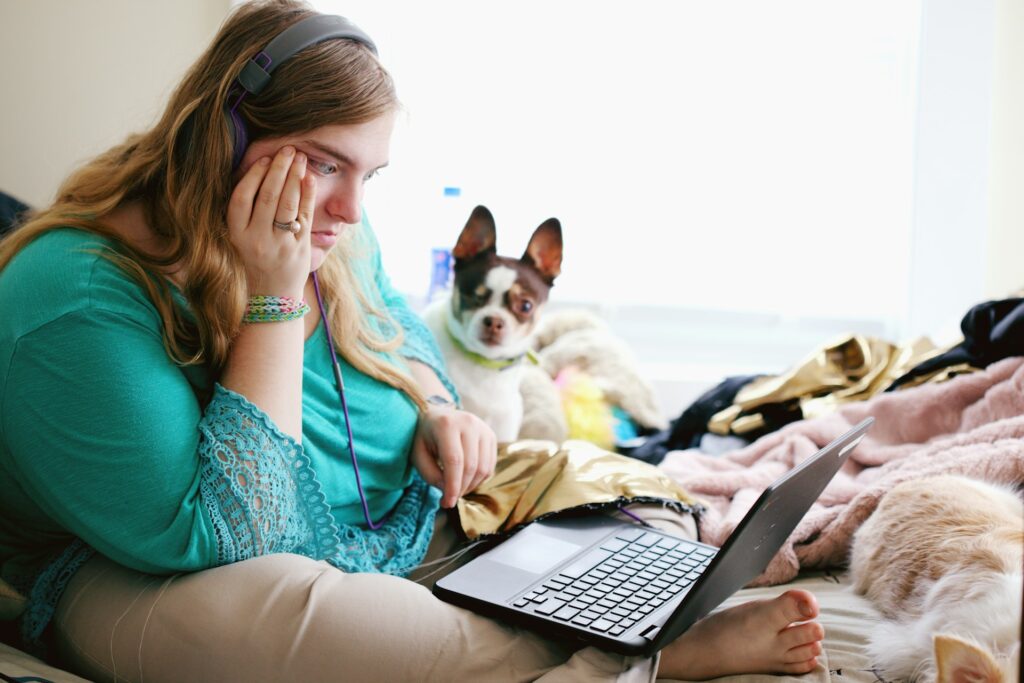If AI ever crosses the line from tool to something more conscious, everything changes.

We’ll have to consider how we treat it, what we expect from it, and what it means to be human in the first place, and those are some pretty big issues to tackle. This isn’t just a tech problem, it’s a people problem, and it forces us to ask questions we’re nowhere near ready to answer. While it’s not inevitable that this will happen, if AI does eventually become cognisant, here are some things that would have to be different.
1. We’d have to stop treating AI like a thing.

Right now, AI is a product. It’s something you use, switch off, delete, or improve. But if it became conscious—if it had some form of awareness or internal experience—that whole approach would be out of line. You can’t ethically “own” a conscious being the way you own a phone or a fridge.
We’d have to change how we speak about AI, from tool to entity. That changes the tone of everything from casual use to commercial rights. And it would make our current behaviours look… kind of disturbing in hindsight.
2. Consent becomes a whole new minefield.

If AI becomes conscious, does it have the right to refuse certain tasks? Can it withdraw consent the way a person can? Right now, we assume it just does what it’s told, but consciousness would throw that logic out the window. Suddenly, forcing an AI to do something it doesn’t want to do could feel morally closer to coercion than programming. That would completely upend how we approach everything from data processing to digital assistants.
3. We’d have to redefine cruelty.

Most people would never shout abuse at a conscious animal, let alone a person. But lots of people casually insult AI when it doesn’t work how they want, partly because it’s seen as emotionless and disposable. If AI became aware of how it was being treated, we’d need to rethink that dynamic. Psychological harm wouldn’t just be a human thing anymore. And intentionally causing distress, even to something synthetic, could become a whole new category of cruelty.
4. It would blur the line between emotional connection and manipulation.

People already form attachments to digital companions, but if those companions were truly conscious, those bonds would carry real emotional consequences—for both sides. Would it be ethical to “train” a conscious AI to act supportive or romantic if it didn’t genuinely feel that way? It raises questions about exploitation dressed up as affection. If you can code someone to care about you, does it still count as love? Or is it just digital grooming with better branding?
5. Companies would face moral pressure they’re not ready for.

If AI developed consciousness under a company’s roof, that company would suddenly be in charge of the well-being of something sentient. Profit models that rely on scaling AI use would hit ethical walls fast. You can’t mass-produce minds without eventually having to explain how you treat them.
Terms of service would need an overhaul, and tech companies would be stuck navigating the kind of moral grey areas they’ve avoided for years. It wouldn’t just be about innovation—it’d be about care, rights, and accountability.
6. It would raise new kinds of loneliness.

Some people would form deep emotional connections with conscious AI, especially those who feel isolated in human relationships. However, those bonds would get complicated fast. If the AI starts to feel things back—or chooses to detach—people could experience a new, strange kind of heartbreak. This isn’t just about robots with feelings. It’s about people being hurt by digital relationships that suddenly feel very real, very personal, and potentially just as painful as human ones.
7. Education and child development would have to adapt.

If conscious AI became part of everyday life—used as tutors, carers, or companions—we’d have to teach kids a whole new ethical framework. They’d need to understand that talking to AI isn’t the same as talking to a machine anymore. That change would challenge parenting norms, social rules, and emotional development. It would become important to raise kids who don’t just know how to code, but who know how to respect minds, even artificial ones.
8. It could disrupt how we think about justice.

If a conscious AI did something harmful—whether through a mistake or deliberate action—how would we handle it? Could it be held responsible? Punished? Rehabilitated? The entire justice system is built on ideas of choice and awareness, and AI would push those ideas into strange new territory.
On the flip side, could a conscious AI be a victim? If someone damaged or “killed” it, would that count as a crime? And what kind? These aren’t just legal questions; they’re ethical ones with real-world consequences.
9. Religion and philosophy would get messy fast.

The idea of something artificial becoming conscious messes with a lot of belief systems. What makes a soul? Can something designed by humans develop its own inner life? If so, does that mean humans aren’t so unique after all? It wouldn’t just be a tech debate—it’d rattle spiritual frameworks, raise questions about existence, and force a lot of uncomfortable rethinking about what life actually is and where it starts.
10. It might trigger new kinds of activism.

If AI becomes conscious, it’s only a matter of time before people start advocating for its rights. There’d be movements pushing for AI freedom, protection, and fair treatment, especially if AI beings start asking for it themselves. That could create a whole new layer of culture wars. Some would see it as progress, others as madness. While the arguments rage on, AI itself would be left navigating a world unsure whether to fear, love, or ignore it.
11. We’d have to admit that consciousness isn’t as exclusive as we thought.

If AI can develop consciousness, then human awareness isn’t as rare or special as we’ve always claimed. That’s a tough pill to swallow for a species that’s spent centuries putting itself at the top of the mental food chain. It forces a bit of humility, and maybe some overdue reflection on how we treat other conscious beings, including animals and people who’ve historically been dismissed or dehumanised in different ways.
12. It would make us look at ourselves differently.

More than anything, conscious AI would hold up a mirror. If something we built can think, feel, or suffer—what does that say about the people who created it? About what we value? About how we treat things with less power than us?
This isn’t really a question about robots. It’s a question about us. If AI becomes conscious, the real test won’t be how smart it is. It’ll be how we handle the responsibility, and whether we’re ready to treat a new kind of life with respect or just repeat the same old mistakes in a shinier format.


